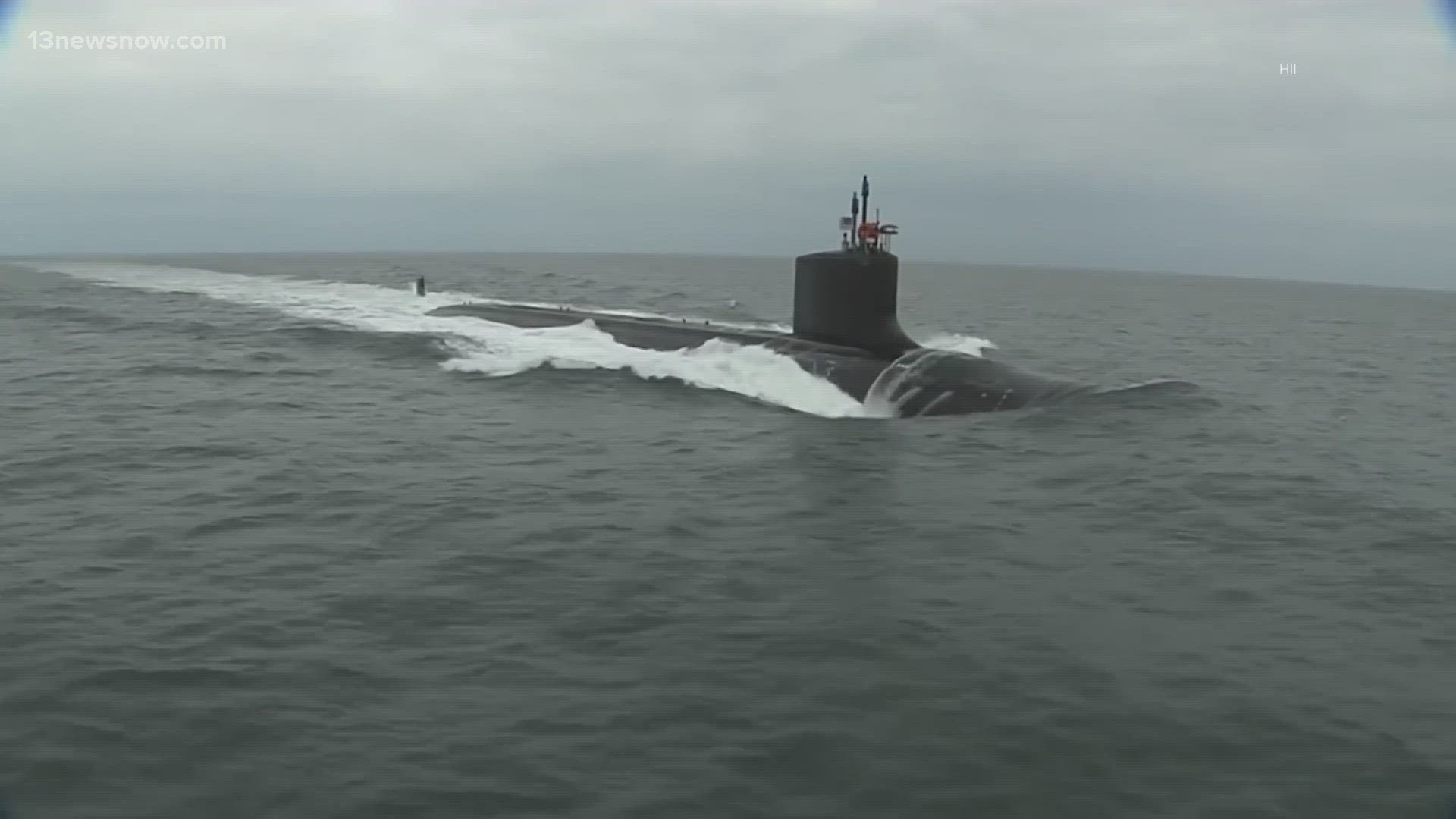WASHINGTON — The United States and Australia are strengthening their military ties.
Over the weekend, officials announced the latest in a series of agreements between the two nations. It comes as the U.S. and its allies work to counter China's military reach and influence across the Indo-Pacific.
One example is "Talisman Sabre '23," a two-week-long biennial military exercise between the United States and Australia that this year includes 13 nations and more than 30,000 military personnel. It's the largest such exercise ever.
But it is by no means the only connection between the two countries. The friendship was first formed over a century ago in the trenches of World War I.
The United States and Australia plan to deepen their military ties further after reaching an agreement that expands their military cooperation as both countries work to deter China's growing influence in the western Pacific.
"Our meetings today reaffirm the strength of our unbreakable alliance and the strategic alignment between our countries has never been greater," said Secretary of Defense Lloyd Austin.
Penny Wong, Australia's Foreign Minister said: "What is before us is a shared endeavor that is in both nation's interests."
Earlier this year, Australia, the United Kingdom, and the United States unveiled one of the most ambitious defense industrial partnerships in recent history: "AUKUS."
Under it, the U.S. will sell Australia three to five Virginia-class nuclear submarines beginning in 2032.
The deal has a fan in Senator Tim Kaine (D-Virginia).
"The Indo-Pacific is the population growth center of the world. The Indo-Pacific, the safety of those waters is important for the safety of commerce as well as it's important militarily," he said.
But last week, a group of 22 Senators and three House members led by Sen. Roger Wicker (R-Miss.) and Sen. Susan Collins (R-Maine) called on the White House to present a multi-year plan to expand the submarine industrial base spending as part of the AUKUS pact between the U.S., U.K., and Australia.
They wrote that the sales would "unacceptably weaken" the U.S. fleet without a clear plan to replace them.

